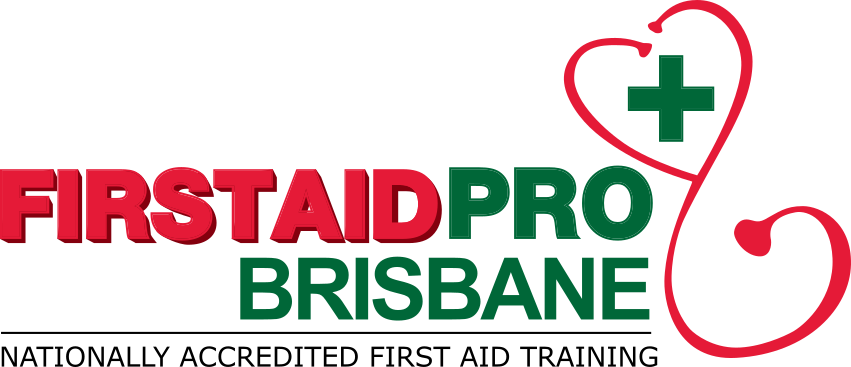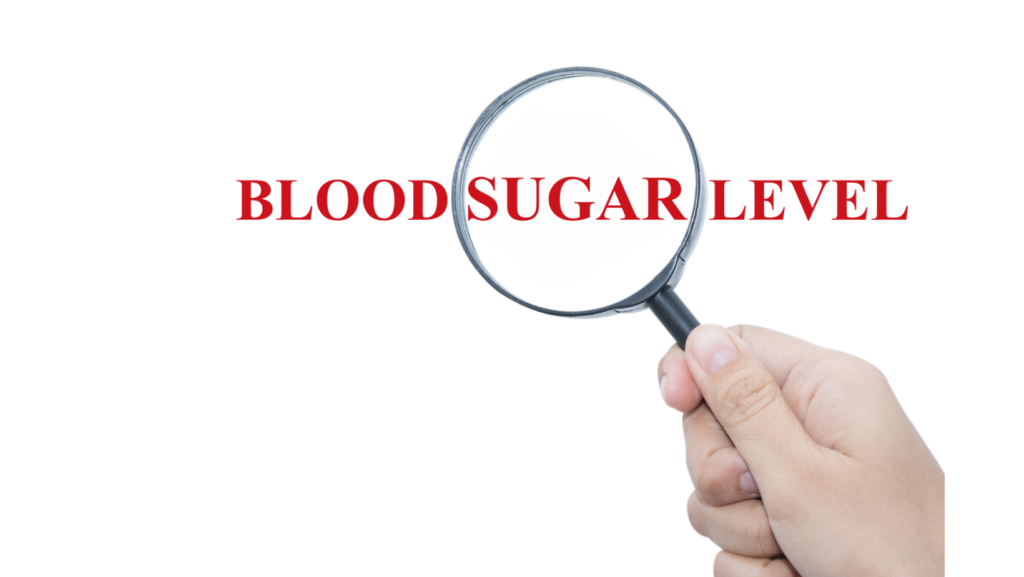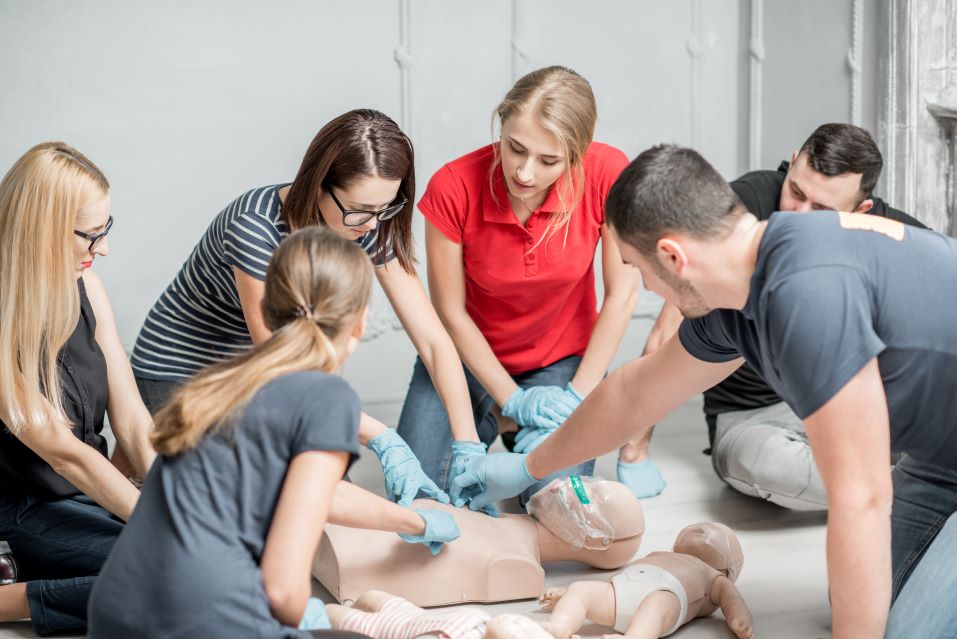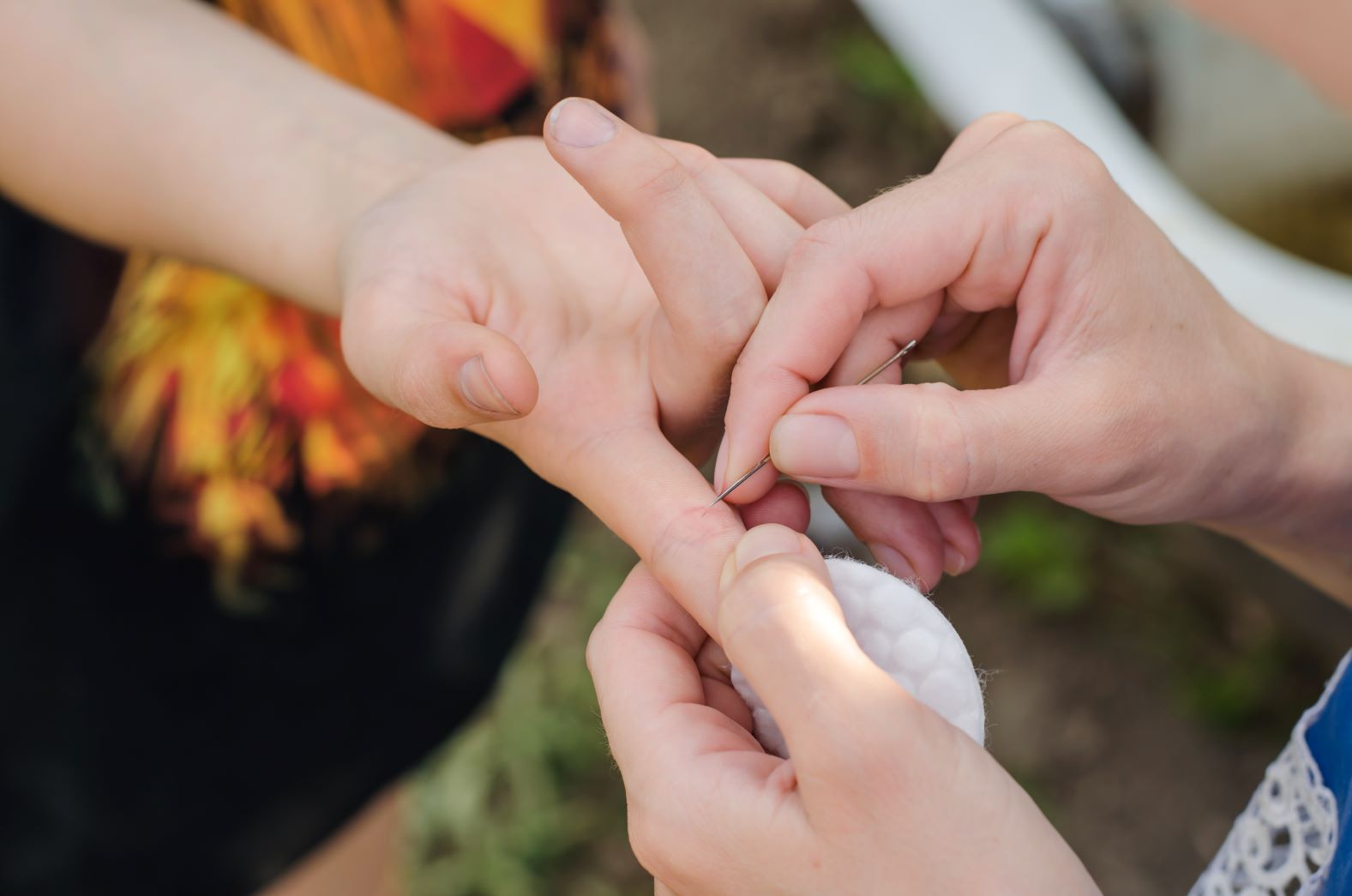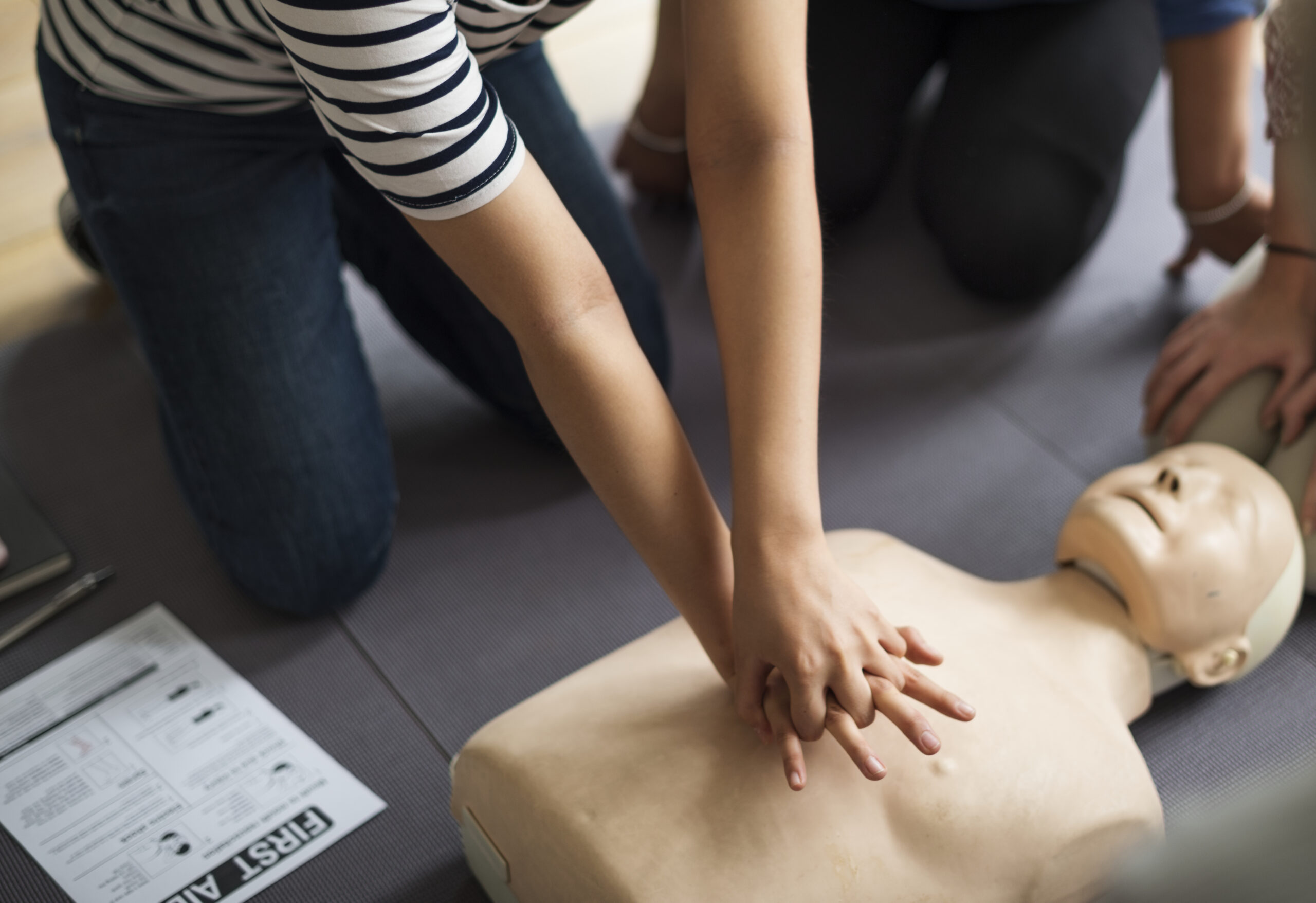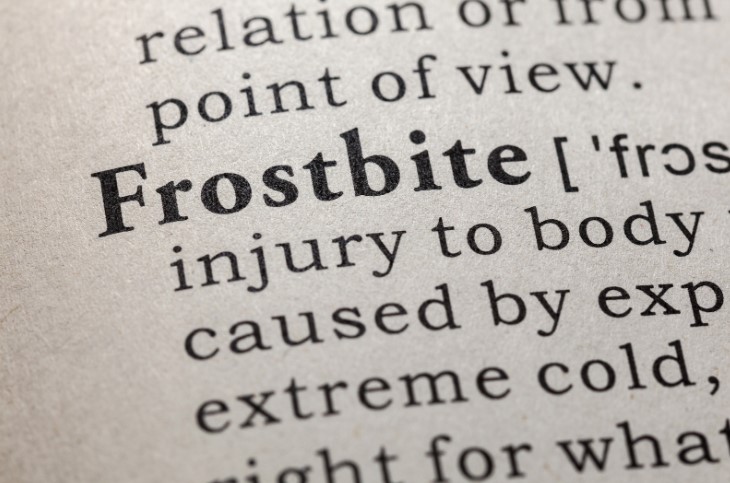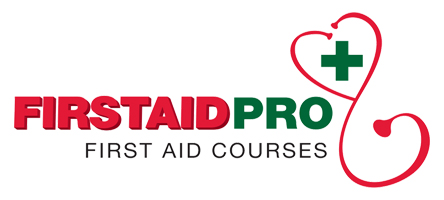High blood sugar or hyperglycemia is prevalent in people with diabetes that is not well controlled. The symptoms may be mild, moderate, or severe, depending on the person’s overall health condition.
Monitoring The Blood Sugar
Blood sugar level refers to the amount of glucose found in the blood. Glucose is the sugar in the bloodstream, which can rise and fall throughout the day. It comes from food intake and is the body’s primary energy source.
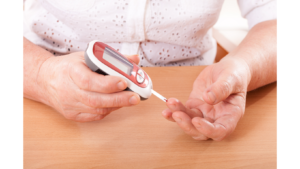 Blood glucose can be low, normal, or become higher depending on how long a person has diabetes, their age, their physical condition, and other health factors.
Blood glucose can be low, normal, or become higher depending on how long a person has diabetes, their age, their physical condition, and other health factors.
Regular blood sugar monitoring is a must for type 1 or type 2 diabetes. Knowing the risk factors is also crucial to creating the best diabetes care plan.
A diabetes care plan help delays or prevent complications, such as those we include below.
7 Consequences Of High Blood Sugar
Here are some of the common adverse effects of high blood sugar.
Dehydration
Feeling extreme thirstiness more than usual is a common indication that blood sugar is too high.
Excessive urination occurs when glucose builds up in the bloodstream. It causes the kidneys to work harder to get rid of the extra glucose. Kidneys that cannot keep up with the excess can cause the body to flush out the substance through urine. These can result in dehydration and dizziness.
Skin Problems
The body collects water from all over to get rid of the excess blood sugar. As a result, the skin may be dry itchy, with some cracks, especially in the legs, elbows, feet, and hands. Relatively quickly, it can affect the nerves and cause significant damage. This condition is known as diabetic neuropathy.
Diabetic neuropathy makes it hard to feel cuts, wounds, and infections. Without treatment, it can cause more significant problems such as losing a foot, toes, or part of the leg.
Blurry Vision And Frequent Headaches
The body may pull fluid from eye lenses, making it hard to focus and concentrate. In addition, high blood sugar can cause severe damage to the blood vessels on the retina or the back part of the eye.
It can result in long-term vision loss or, in severe cases, blindness. The person may also struggle at work and suffer from frequent headaches.
Numbness And Tingling In Hands And Feet
High blood sugar can cause severe nerve damage, resulting in a tingling sensation or numbness in the hands and feet.
Digestive Problems
Many people with hyperglycemia tend to feel hungrier than usual. Although the person is consuming more food, they may be losing weight for no apparent reason. The body is not getting enough energy from the glucose and utilizes the muscles and fat instead. These can result in unintentional and unhealthy weight loss.
Fatigue
In addition to digestive problems, the person may notice muscle weakness and experience frequent falls.
Fatigue and loss of energy are symptoms of high blood sugar. The body cannot process insulin effectively, which results in glucose staying in the bloodstream rather than getting into the cells as a form of energy.
Kidney Damage
High blood sugar can also damage the kidneys and their ability to filter waste from the blood.
First Aid Treatment
The common symptoms of hyperglycemia include having dry and warm skin, rapid breathing, excessive thirst, and dizziness. In severe cases, the person may experience fainting or lose consciousness.
If you or someone nearby experiences the signs of hyperglycemia, take the following first aid steps:
- Follow the basic first aid plan and check for pulse and heartbeat.
- Seek urgent medical advice if the person is experiencing severe symptoms.
- Allow casualty to self-administer insulin or provide assistance if they are unconscious.
- If the person is feeling extreme thirst, water is the best option.
- Monitor their condition until help arrives.
- If you have a loved one who has diabetes, it is best to gift them a useful product to make their lives a little easier.
Learn First Aid For Diabetic Emergencies
People with diabetes may sometimes experience health emergencies. These include hyperglycemia (high blood sugar) or hypoglycemia (low blood sugar).
Get more health and safety advice from Brisbane First Aid Courses about diabetic emergencies, including the signs, complications, treatment, and prevention. The best way is to prepare for an emergency is to attend practical and on hand first aid sessions.
Enrol in a first aid course to learn more about diabetes. For more information, contact courses@firstaidpro.com.au or (08) 8382 4677
